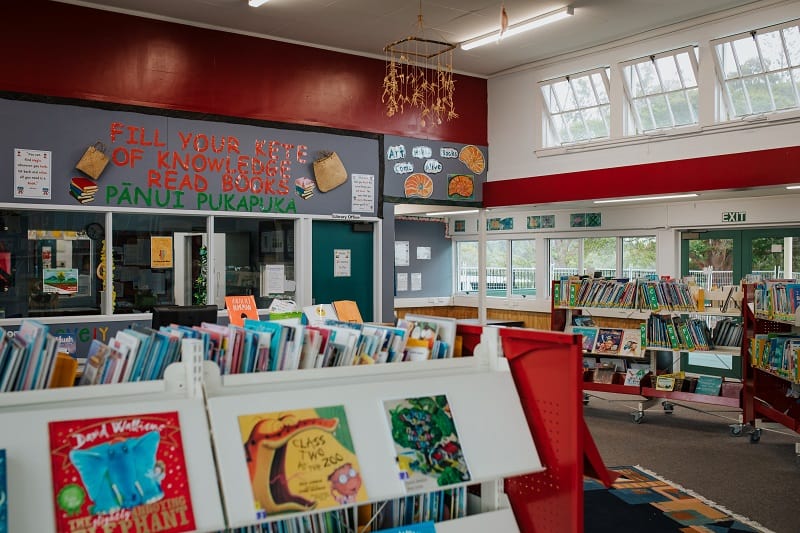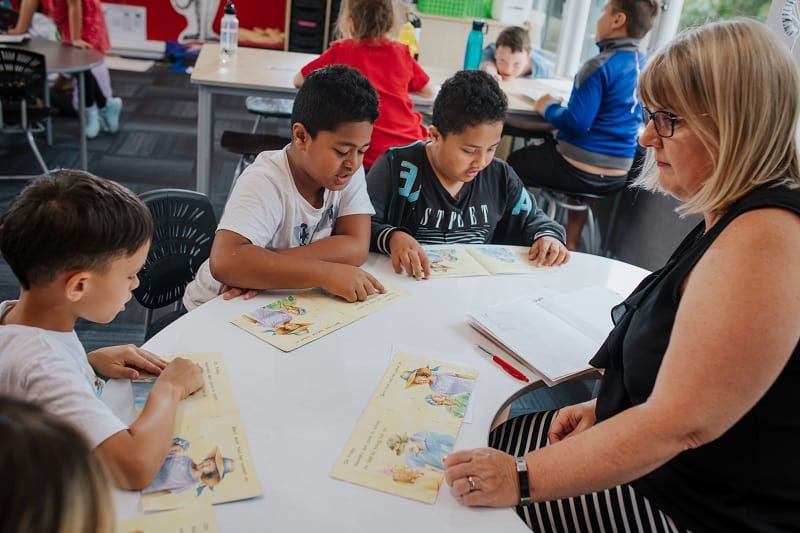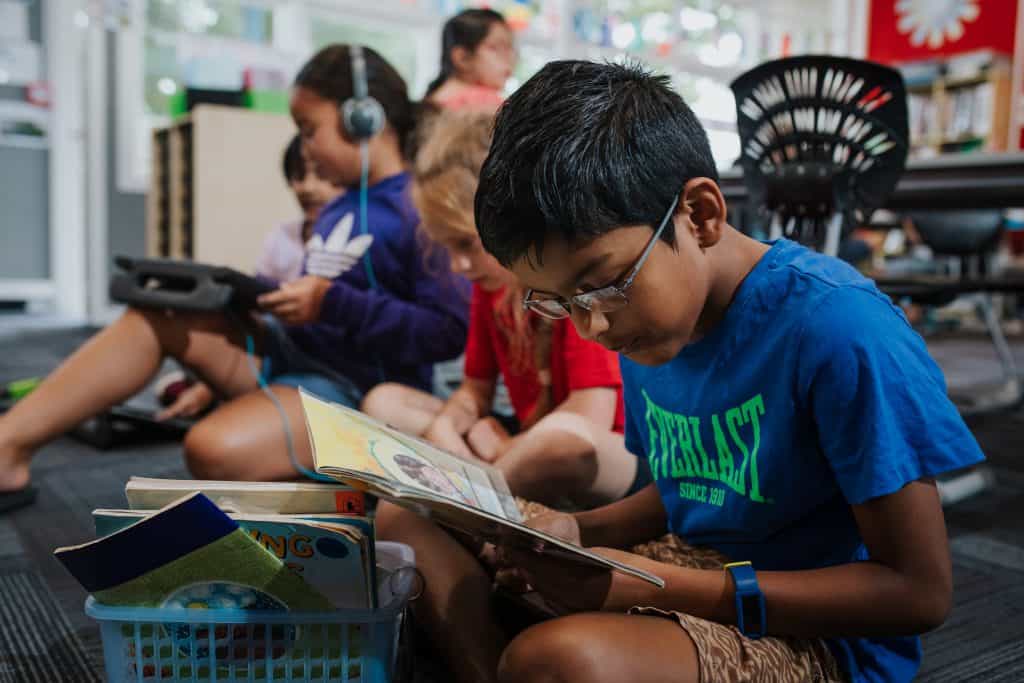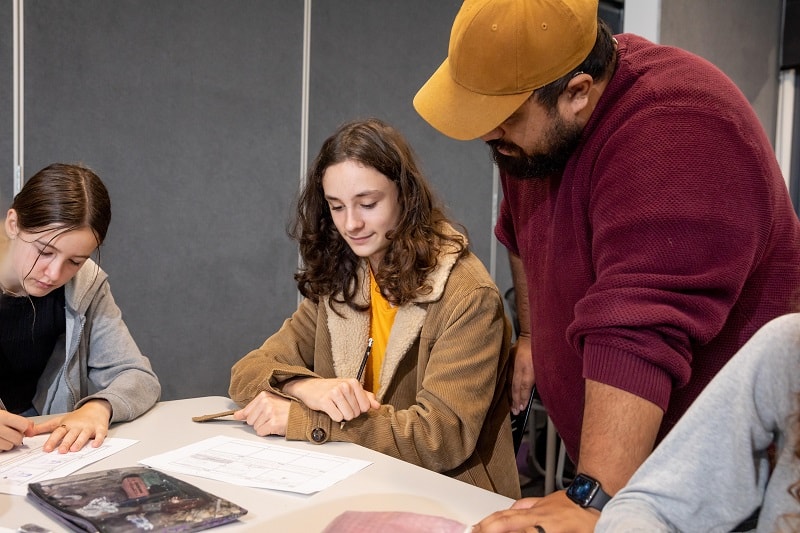theteam@theeducationhub.org.nz
Postal Address
The Education Hub
110 Carlton Gore Road,
Newmarket,
Auckland 1023
Literacy is an essential life skill, not only for accessing education but for participation in society more broadly.

The role and value of school libraries.

Priorities and guidelines for developing a school-wide literacy policy.

Research-based strategies for encouraging boys to read for enjoyment.

The importance of literacy is promoting a wide range of outcomes in education and beyond

Why reading for pleasure is so beneficial for teenagers' learning and wellbeing, and what the research says about getting them to read more.

How to support students who need to make accelerated progress in literacy.

Coming in August 2026
In this webinar, Dr John Milne will discuss how reading not only improves wellbeing directly — through the joy of stories and the connections they create — but also indirectly, by building the social cohesion and shared experiences that communities thrive on. He will also share insights into his own research on reader identity, and explore ways that teachers can help further the joy of reading in their own classrooms.

Daisy Christodoulou discusses how comparative judgement can help schools improve students’ writing.

Teachers from Pupuke kāhui ako discuss their work to improve the continuity and coherence of literacy learning from early childhood education to Year 13.

Teacher Jeanette Breen discusses what is most important for students to learn in their writing journey from Primary to Secondary

Professor Emerita Naomi Baron from American University returned to talk about the research into digital technologies and writing, and to share insights from her newest book

Professor Emerita Naomi Baron of American University discussed the extensive research from the past decade that has explored the nature and impact of reading digitally

Key insights from the webinar with Professor Emerita Naomi Baron of American University on the impact of digital tools on how we write.

Key insights from the webinar with the leaders of the Pupuke Kahui Āko.

The key insights from our webinar with Professor Naomi Baron on the research into reading print versus digital texts.

An innovative but highly reliable approach to marking writing.

Key insights from our webinar with Irene Anderson and Jennifer Glenn on teaching reading and writing across subject areas in secondary schools.

Exploring the importance of literacy at school and in life beyond school.